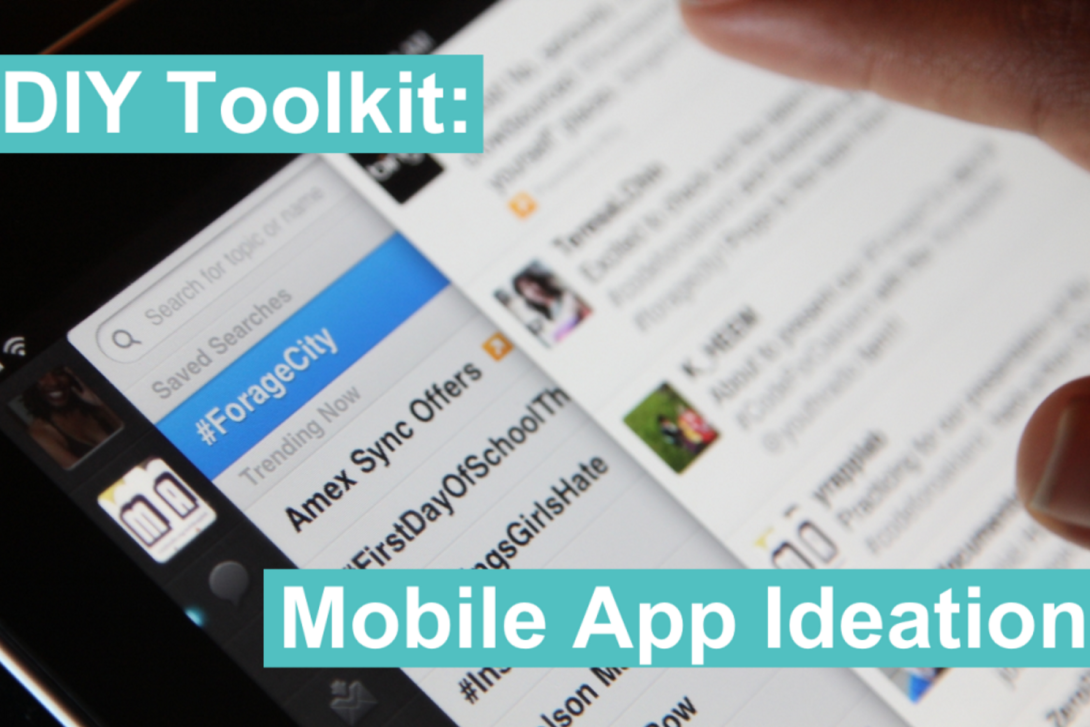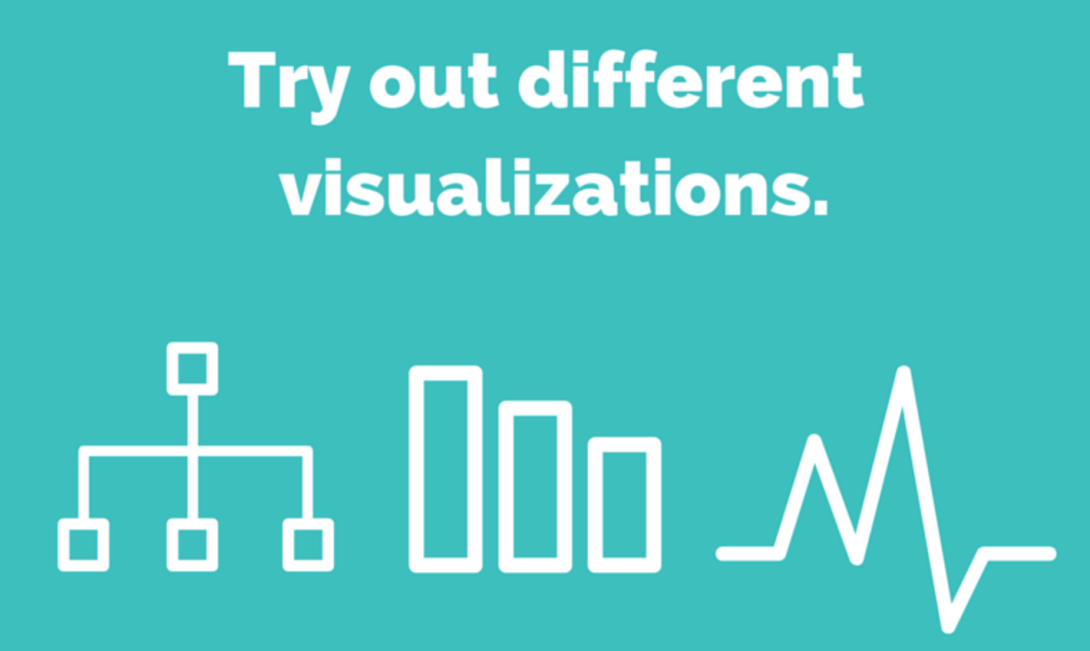Bioinformatics Education in High School: Implications for Promoting Science, Technology, Engineering, and Mathematics Careers
PublicationWe investigated the effects of our Bio-ITEST teacher professional development model and bioinformatics curricula on cognitive traits (awareness, engagement, self-efficacy, and relevance) in high school teachers and students that are known to accompany a developing interest in science, technology, engineering, and mathematics (STEM) careers. The program included best practices in adult education and diverse resources to empower teachers to integrate STEM career information into their classrooms. The introductory unit, Using Bioinformatics: Genetic Testing , uses bioinformatics to teach basic


